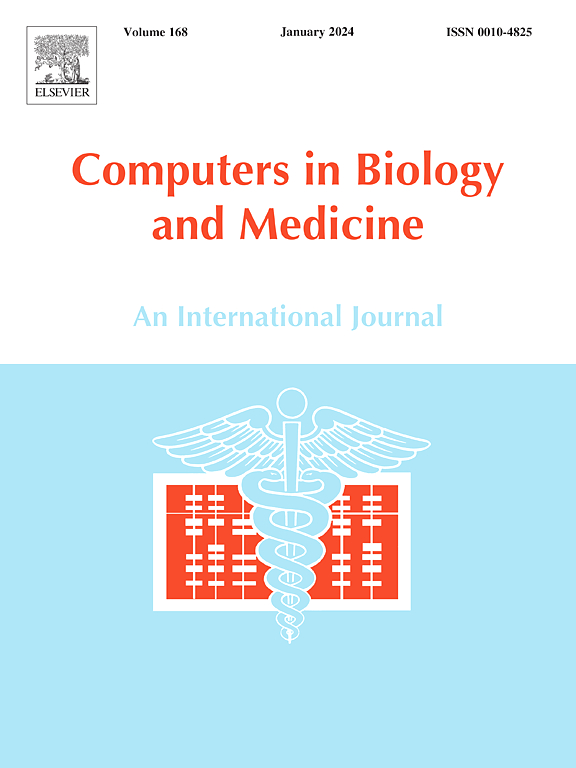MusicalBSI - musical genres responses to fMRI signals analysis with prototypical model agnostic meta-learning for brain state identification in data scarce environment
IF 7
2区 医学
Q1 BIOLOGY
引用次数: 0
Abstract
Functional magnetic resonance imaging is a popular non-invasive brain-computer interfacing technique to monitor brain activities corresponding to several physical or neurological responses by measuring blood flow changes at different brain parts. Recent studies have shown that blood flow within the brain can have signature activity patterns in response to various musical genres. However, limited studies exist in the state of the art for automatized recognition of the musical genres from functional magnetic resonance imaging. This is because the feasibility of obtaining these kinds of data is limited, and currently available open-sourced data is insufficient to build an accurate deep-learning model. To solve this, we propose a prototypical model agnostic meta-learning framework for accurately classifying musical genres by studying blood flow dynamics using functional magnetic resonance imaging. A test with open-sourced data collected from 20 human subjects with consent for 6 different mental states resulted in up to 97.25 1.38% accuracy by training with only 30 samples surpassing state-of-the-art methods. Further, a detailed evaluation of the performances confirms the model’s reliability.

求助全文
约1分钟内获得全文
求助全文
来源期刊

Computers in biology and medicine
工程技术-工程:生物医学
CiteScore
11.70
自引率
10.40%
发文量
1086
审稿时长
74 days
期刊介绍:
Computers in Biology and Medicine is an international forum for sharing groundbreaking advancements in the use of computers in bioscience and medicine. This journal serves as a medium for communicating essential research, instruction, ideas, and information regarding the rapidly evolving field of computer applications in these domains. By encouraging the exchange of knowledge, we aim to facilitate progress and innovation in the utilization of computers in biology and medicine.
 求助内容:
求助内容: 应助结果提醒方式:
应助结果提醒方式:


